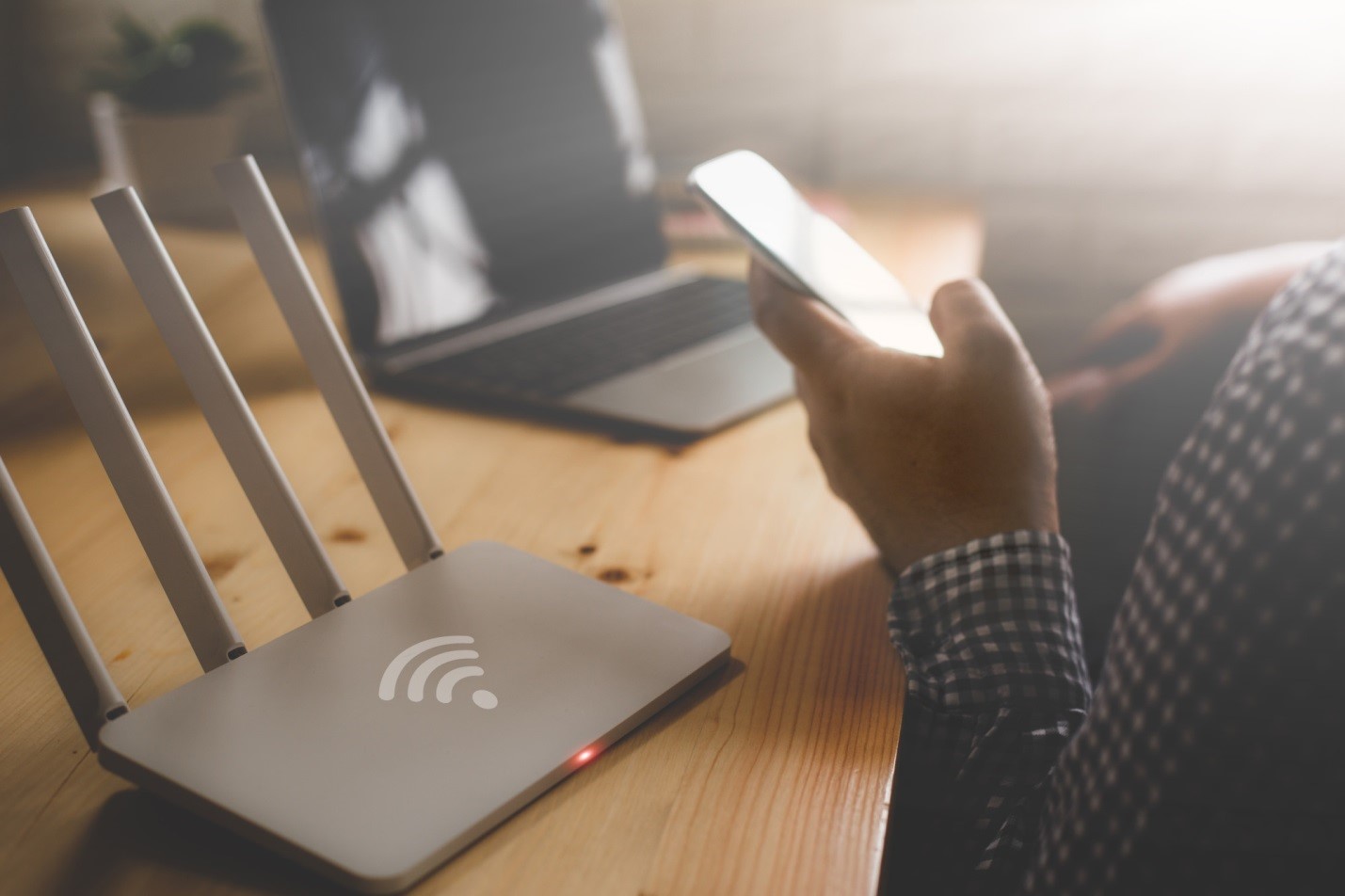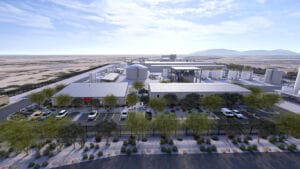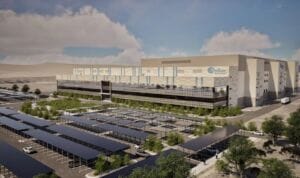While everyone may be used to getting internet speed at the touch of a button in the modern world, there was a time when things were not all that simple. The internet has become highly democratized, which means that it has become a right rather than something that is restricted to a select group of people. With this in mind, let’s look a little closer at the internet and its history.
Early Beginnings
In the early days, the beginnings of the internet can be traced back to the Advanced Research Projects Agency (ARPA), a branch of the US Department of Defense. The speeds at the time were just 56 Kbps, and it was thought that this would just be a method of connecting government agencies for research purposes. Commercial use was not going to be allowed at the time. When this was eventually decommissioned in the 1980s, the speed was still the same.
World Wide Web in 1993
The World Wide Web eventually came along in 1993, which meant the telecommunication providers rather than the federal government were in control of everything. Much of the original backbone and infrastructure of the original internet were kept. The speed was upgraded the following year and received an upgrade that brought it up to 145 Mbps. While these may seem like they are speeds that are more acceptable by today’s standards, most people would only have access to a dial-up connection until the 21st century eventually rolled around.
Broadband Arrives
Of course, a defining moment in the history of the internet was inevitably the arrival of broadband, which meant that people did not need to mess around with wires anymore. Of course, the speed of broadband varies significantly from place to place even now. So, if you are looking to answer the question: “why is my internet speed so slow?” it could be down to a number of different issues. The provider could be playing an issue, but it could equally be done to a simple issue such as the positioning of the router. Finding out these issues is crucial to make the most of the fast speeds that are available in the modern-day.
Fiber-optic Cables
Although speeds are already vastly improved already, the world is once again moving to an even quicker internet experience, which is obviously highly important when so many people are trying to access it and relying on it for so many different aspects of their lives. Essentially, this means that the old copper wires are not going to be used anymore, and they will instead be replaced by pulses of light that are transmitted at a much quicker rate.
The internet story is certainly not one that is coming to an end anytime soon. Indeed, it may well be only just the beginning. There is no doubt that there has been a speeding up that has occurred, particularly in the last couple of decades. As more and more of people’s lives go online, the world is bound to need the type of broadband that is going to support this and allow people to have the type of internet experience that they want.




